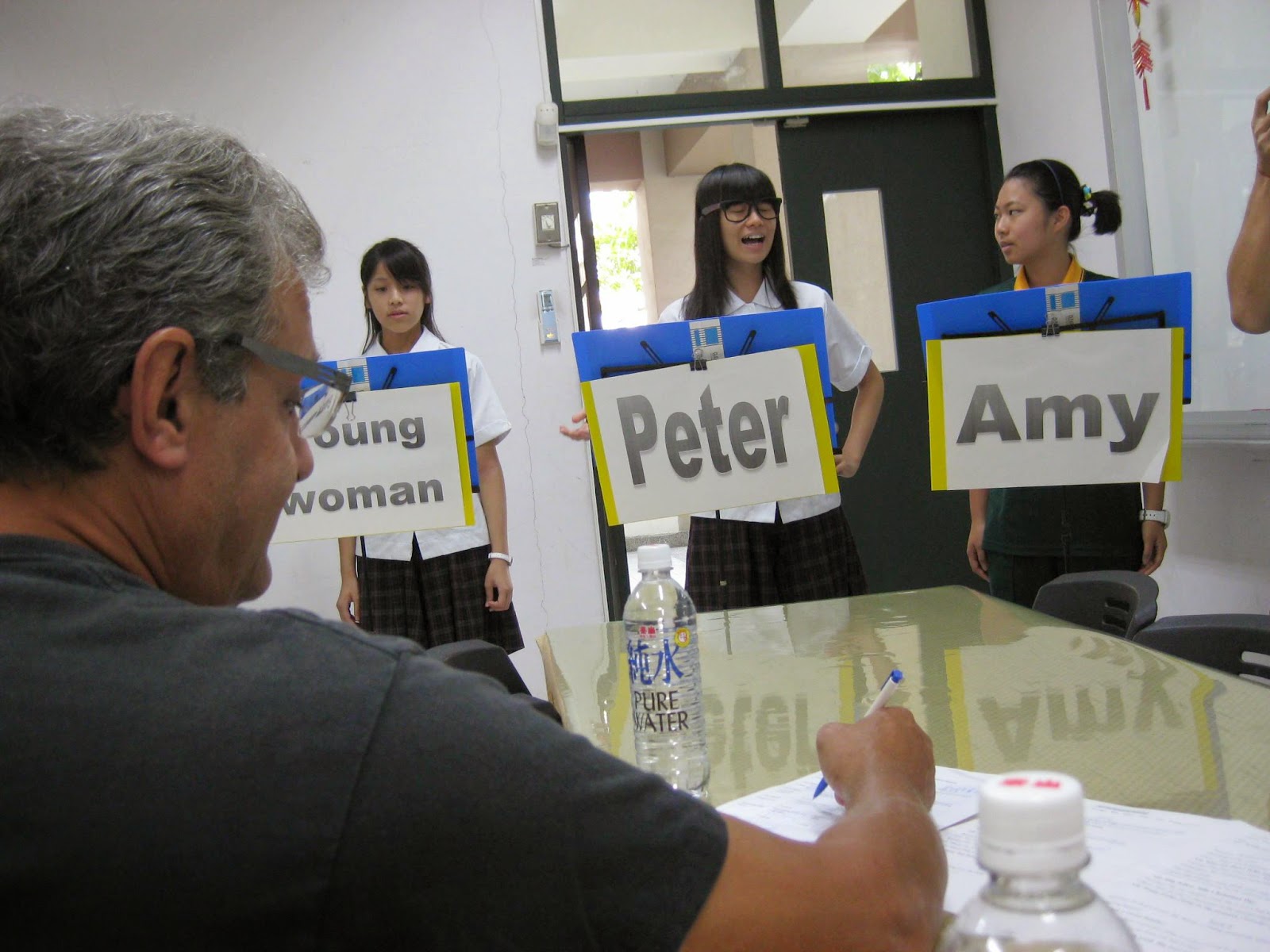Excerpt from Treasure of
the Sierra Madras by B. Traven
The bandits in this case made it quite clear that they were
fighting for their king, Jesus. Fighting on behalf of the Roman Catholic
church, for religious liberty. The fact is that they had only a very vague idea
as to who Cristo was. It would have been quite easy to make them believe that
Bonaparte, Columbus, Cortes, and Jesus were all identical. The Roman Catholic
church during its four hundred years of rule in Latin America, of which three
hundred and fifty were an absolute rule, has been more interested in purely
material gains for the treasuries and coffers in Rome than in educating its
subjects in the true Christian spirit. Governments of modern civilized
countries have quite a different opinion from the church on education, and
these governments have also different opinions as to who is better suited to
rule, the state or the church.
No better proof of what the Roman Catholic church in these
countries has done to the people could be found than the fact that the same men
who cried: "Viva nuestro rey Cristo!" killed mercilessly and robbed
for their own pockets men, women, and children whom they knew were members of
the same church, believing at the time that they were doing so to help their
church and to please the Holy Virgin and the Pope.
Two Catholic priests had been recognized by passengers as active
members of the bandit band. Later these priests were caught, and they admitted
that they had been leaders, not only in this train-assault, but also in half a
hundred hold-ups on highways and ranches. They considered their own actions
similar to those of the Roman Catholic priests, Father Hidalgo and Father
Morelos, who fought against the Spaniards for the independence of their
country. They had also paid with their lives for the failure of their
enterprise, because they were fighting under absolutely different conditions
from Washington the Great, and these fighters for their country were condemned
not only by the crown of Spain but also by the Holy Inquisition although they
fought under the flag of the Holy Virgin of Guadalupe. A few years later when
the Roman Catholic church became interested in separating the Latin-American
countries from Spain, because Spain had started to throw off the yoke of the
Roman church, the independence of the Latin-American countries was won by the
help of the same church that had only ten years before helped execute patriots
who did what the church now wanted done, and the beheaded bodies of these rebel
priests were buried in the main cathedral.
Besides these two recognized priests, the government did not
know who was leading the hordes of bandits fighting for King Cristo. To find
the real boss who pulled the strings, or to show American tourists that the
country was safe and that such an incident would be punished severely and
swiftly, the government changed certain military chiefs in whom it had lost
confidence and then went with all its might on the trail of the malefic actors.







